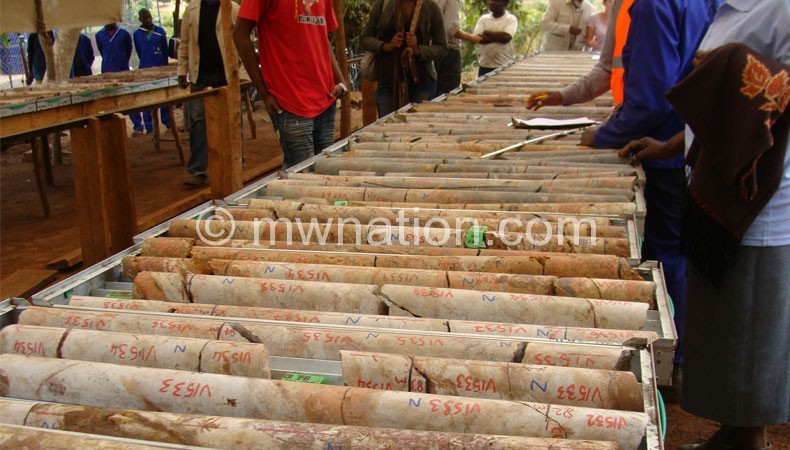Add value to minerals, experts advise
Experts have advised African governments where mining activities are taking centre stage to add value to the extracted minerals.
A member of the Civil Society for Poverty Reduction, Humphrey Mulemba, who is also a renowned public speaker in Zambia, said this in reaction to popular belief that Africa is one of the richest continents in the world with huge amounts of mineral resource, but remains poor. While admitting that most African countries have no capacity to extract minerals, Mulemba who, has also worked in Zambia’s Copper Belt for years, said hosts countries can only benefit more by adding value to the products before they are exported.

Currently, most of the minerals extracted in Africa are exported to developed countries for finishing and later on sent on the market and African countries buy the same resources at high prices.
“Look around, most of the big companies are owned by foreigners. Think of Coca-Cola and others. They use the same raw materials we have and sell to us.
“Minerals are a blessing to a country and most African countries are not benefiting because they do not have the capacity and investors are taking advantage of this situation to reap from us,” said Mulemba.
He said governments and local companies need to stand up and ensure they invest in value addition of minerals extracted in their countries because this will increase the countries’ portion from minerals.
Mulemba said the African continent loses a lot during the tax break period set aside for the investors, arguing what investors claim to be a giveback to the community through corporate social responsibility programmes is just a pinch of the cake.
He said if the value adding process is adopted, governments will benefit more from the time the mineral activities are starting.
“Governments need to start financing local companies, come up with policies that encourage small and medium enterprises to support the existing producers in value adding products such as minerals and finally integrate the mines sector into the value chain process,” suggested Mumba during a one-hour discussion with 20 journalists from selected Southern Africa Development Community (Sadc) countries.
The discussion also revealed that in most countries where mining activities are taking place, there is no political will and good working relationships between civil society organisations (CSO) and the media in protecting minerals and ensuring host countries benefit more.
It was also revealed that there is underutilisation of the share holding component in mining deals.
Most of the discussed examples revealed that maximum share holdings most countries have achieved are less than 40 percent.
In Malawi, Paladin (Africa) Limited owned 75 percent stake in Kayelekera Uranium Mine with the rest held by government.
Again, it was noted that it is the investors who dictate what they give back to the host countries.
Mulemba is one of the guest speakers and facilitators of the two-week training for mid-career journalists in Africa taking place in Lusaka and sponsored by Open Society Initiative for Southern Africa (Osisa) and United Nations Education, Scientific and Cultural Organisation (Unesco).
The training covered advanced investigative journalism and numeracy for journalists (economics), among others.





